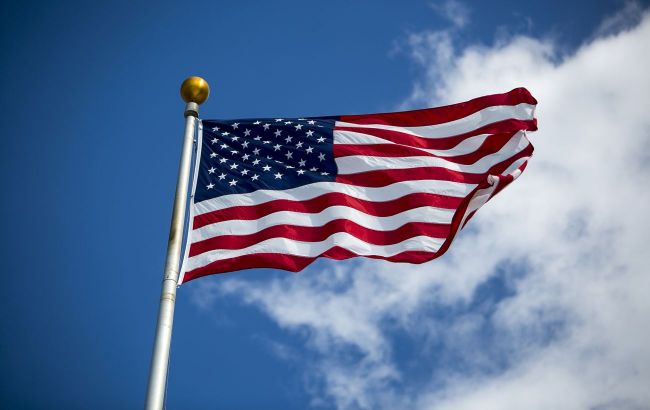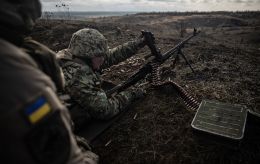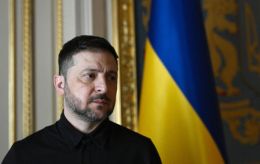U.S. freezes $8 billion worth of Russian assets, most of them in EU and Japan
 The US has frozen $8 billion in Russian assets (Getty Images)
The US has frozen $8 billion in Russian assets (Getty Images)
The United States of America has frozen Russian sovereign assets totaling $8 billion, with the majority of these assets located in the European Union and Japan, according to the Special Representative of U.S. President Joe Biden for Economic Recovery in Ukraine, Penny Pritzker.
According to reports, Western countries have frozen Russian assets amounting to $300 billion in response to Russia's full-scale invasion of Ukraine.
Specifically, according to Pritzker, the United States has frozen Russian sovereign assets worth $8 billion, with the majority of these assets located in the European Union and Japan.
Some countries have called for using these funds to aid in the recovery of Ukraine, but other interested parties, including the European Central Bank, have expressed concerns about the legality and consequences of such a move.
Pritzker mentioned that legal teams are working extraordinarily hard to understand what can be done with these assets.
"Fundamentally, if I were to say not from a legal standpoint, but from an ethical and moral standpoint, given the destruction that the Russians have caused to Ukraine, you know, they ought to be contributing to the recovery of Ukraine. Legally, how one gets that done is something that’s being worked on," said the U.S. special representative.
Confiscation of Russian assets
Ukraine, in collaboration with international partners, is working on creating the possibility of confiscating frozen Russian assets, including state assets, in allied countries. These funds are intended to be directed towards the recovery of Ukraine, amounting to nearly $500 million.
Among other developments, Bloomberg reports that the European Union is exploring the procedure for confiscating €200 billion in frozen assets of the Russian Central Bank.
For more details on how the Ukrainian government plans to access foreign Russian assets, what they intend to use them for, and whether partners are prepared to confiscate Russian funds and transfer them to Ukraine, please refer to RBC-Ukraine's coverage.

